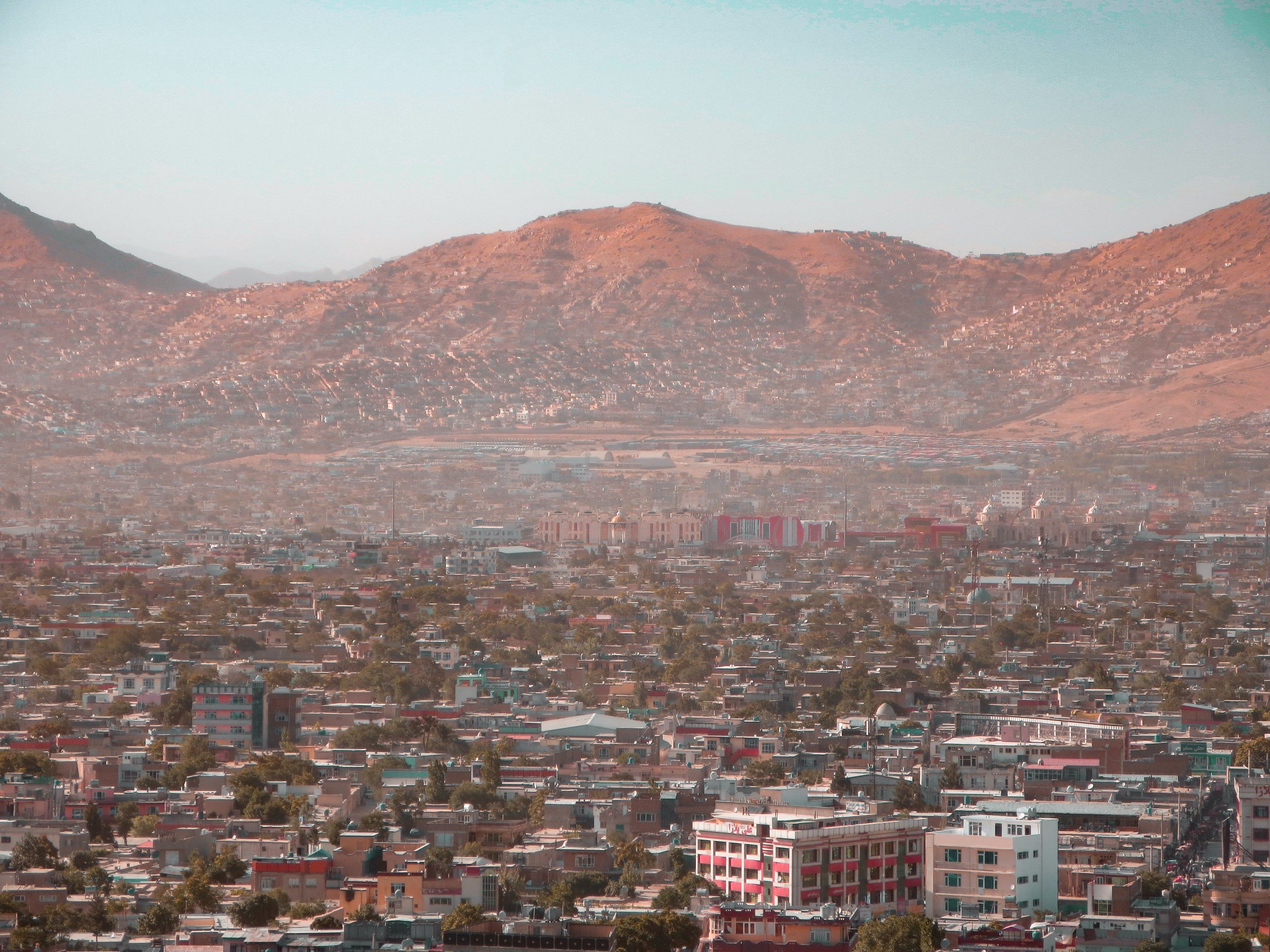PUBLICATIONS
Illicit Financial Flows in the Mekong
This paper is part of a comparative research phase that tests and applies the ‘IFFs pyramid’ (Reitano, 2022), in the context of the Mekong region. Based on a review of secondary literature, it provides an overview of financial flows, trade flows and informality – the three main means by which IFFs are enabled, moved and held according to the ‘IFFs pyramid’ – and discusses how IFFs manifest across the Mekong.
Kristina Amerhauser
January 2024
Addressing Illicit Financial Flows in East and Southern Africa
In this phase of the SOC ACE project “Unlocking the black box of political will on IFFs: going beyond technical responses”, the research analyses whether the ‘IFFs pyramid’ proposed by the GI-TOC (Reitano, 2022) is applicable to and useful for researchers seeking to understanding illicit financial flows in various settings around the world but especially in regions where greater levels of informality exists, such as East and southern Africa.
Michael McLaggan
January 2024
Coercive Brokerage: Paramilitaries, Illicit Economies and Organised Crime in the Frontiers of Afghanistan, Colombia and Myanmar - Working Paper II
This paper is the second of a three-part series exploring the nexus between paramilitaries, illicit economies and organised crime. This research paper examines the nexus between paramilitaries, illicit economies and organised crime in frontier regions, through detailed case study analysis of these phenomena in the borderlands of Afghanistan, Myanmar and Colombia.
Prof Jonathan Goodhand, Dr Patrick Meehan, Camilo Acero & Jan Koehler
January 2024
Coercive Brokerage: The Paramilitary-Organized Crime Nexus in Borderlands and Frontiers Working Paper I
This paper is the first of a three-part series exploring the nexus between paramilitaries, illicit economies and organised crime. It advances a conceptual framework for analysing the nexus between paramilitaries, illicit economies and organised crime in borderland and frontier regions.
Dr Patrick Meehan & Professor Jonathan Goodhand
January 2024
The impact of Afghanistan’s drug trade on its neighbours: the case of Pakistan, Iran and Tajikistan
This research examines the impact of Afghanistan’s drug trade on the country’s neighbours, with a particular focus on the three countries, Pakistan, Iran, and Tajikistan, which account for the highest volumes of narcotics that transit from Afghanistan. It explores policy options in the post-August 2021 context and considers the prospects of and challenges to greater regional cooperation.
Shehryar Fazli
November 2023
Illuminating the Role of Third-Country Jurisdictions in Sanctions Evasion and Avoidance (SEA)
Sanctions are a crucial tool for exerting influence internationally yet understanding of the impact of sanctions evasion or avoidance (SEA) and third-country involvement is limited. This report reveals that third countries are more likely to engage in SEA when they have trade and commercial capacity, particularly in professional advisory, financial services, shipping and logistics sectors. Private commercial actors within these sectors, with an economic interest in engaging in SEA may find opportunity to do so.
Dr Liam O’Shea, Olivia Allison, Gonzalo Saiz & Alexia Anna Hack
October 2023
Narcotics smuggling in Afghanistan: links between Afghanistan and Pakistan
This research paper examines trends in Afghanistan’s opium and heroin trade and the Afghanistan-Pakistan drug smuggling nexus. It begins with a brief overview of a collapsing formal economy that lends itself to transnational organised crime, before a specific discussion about a drug trade that is deeply entrenched in the Afghan economy and its politics. It traces the Taliban’s historic stance towards narcotics and assesses the prospects of the Taliban’s 3 April 2022 edict prohibiting poppy cultivation and the use and trade of all types of narcotics across Afghanistan, which could have grave implications for a collapsing economy.
Shehryar Fazli
June 2022
Illicit markets and targeted violence in Afghanistan
This paper looks at targeted assassinations through the lens of illicit market violence in Afghanistan. It explores its potential as a key proxy to project current and future trends of other illicit and criminal market development in the country. The paper suggests a framework for further research to examine the evolution of illicit markets in Afghanistan by using a methodologically sound proxy indicator of such violence.
Ana Paula Oliveira
May 2022
Mapping Russian illicit finance in Africa: the cases of Sudan and Madagascar
This briefing note shows how Russian foreign policy in Africa facilitates illicit financial flows (IFF) into and out of the continent through two case studies. First, in Sudan, gold-mining ventures, supported by military investments, are being exploited by Russian and Sudanese political elites hit by Wester economic sanctions. Second, in Madagascar, Russian ‘political technologists’ influenced electoral processes by cultivating anti-Western sentiments and supporting Moscow-friendly candidates.
Catherine Owen
May 2022










